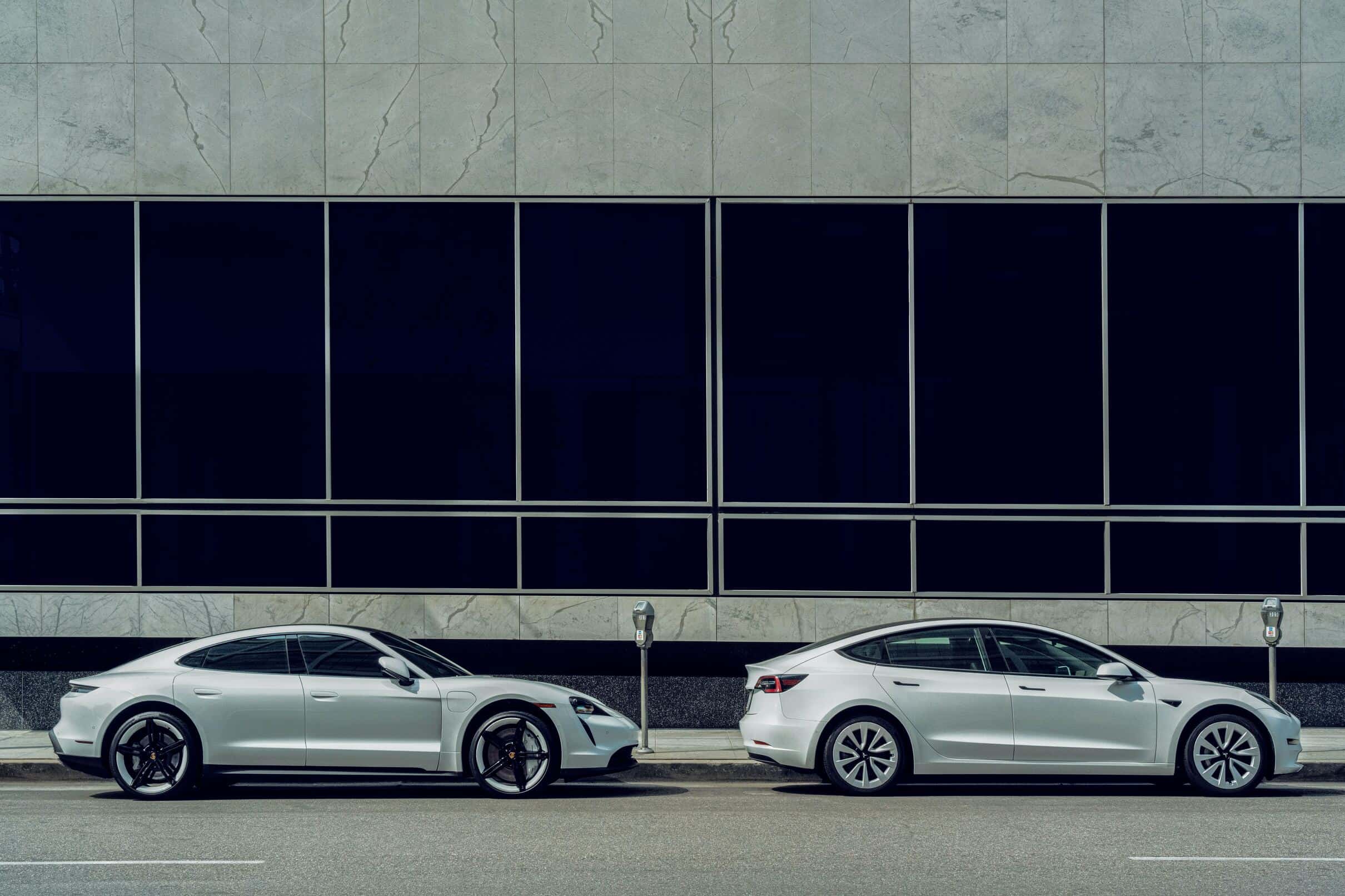Introduction
The recent announcement by the UK government to not reintroduce grants for electric cars has sparked debates across various sectors. This decision has raised questions about the government’s commitment to promoting sustainable transport and the potential impact on the automotive industry and the environment. Let’s delve deeper into the issue to understand its implications and the reasoning behind the government’s stance.
Historical Context

The UK government’s support for electric vehicles dates back to the early 2010s when it introduced grants to incentivise the adoption of cleaner and greener transport options. These grants, which initially covered up to £5,000 of the purchase price, played a significant role in boosting EV sales and raising awareness about the benefits of electric vehicles.
Over the years, the grants were gradually reduced, and by 2020, they were limited to a maximum of £3,000 for certain vehicles. Despite the success of these incentives in accelerating the transition to electric vehicles, the government has now decided against their reintroduction.
Reasons for the Decision

- Budget Constraints: The economic challenges posed by the COVID-19 pandemic and other fiscal pressures have forced the government to re-evaluate its spending priorities. While the transition to electric vehicles is important, the government believes that other areas, such as healthcare and education, require more immediate attention.
- Market Maturity and Consumer Demand: With the increasing availability of electric vehicle models and growing consumer awareness, some argue that the market has matured enough to sustain growth without government incentives. The government believes that the demand for electric vehicles will continue to rise based on their own merits, including lower running costs and environmental benefits.
- Private Sector Engagement: The government expects the private sector, including car manufacturers and dealerships, to play a more significant role in promoting electric vehicles. Many companies are already offering their own incentives and promotional deals to attract customers to electric vehicles.
- Infrastructure Investment: Instead of focusing solely on grants, the government is prioritising investment in charging infrastructure. This includes funding for new charging points, research into fast-charging technologies, and initiatives to make home charging more accessible for consumers without off-street parking.
Implications and Challenges Ahead

- Consumer Affordability: The absence of government grants could make electric vehicles less accessible to lower-income households. While running costs for electric vehicles are generally lower than traditional used cars, the upfront cost can still be a barrier for some consumers.
- Environmental Concerns: The transition to electric vehicles is not just about reducing emissions from tailpipes. The production of electric vehicles and their batteries also has environmental impacts. Without incentives to promote EVs, the government may miss targets for reducing greenhouse gas emissions and air pollution.
- Global Competitiveness: As other countries continue to invest in incentives for electric vehicles and develop supportive policies, the UK’s automotive industry could face challenges in remaining competitive on the global stage.
- Job Creation and Economic Growth: The automotive industry is a significant contributor to the UK economy, employing hundreds of thousands of people. Without government support for electric vehicles, there are concerns about the potential impact on jobs and economic growth in this sector.
Way Forward
While the government’s decision not to reintroduce grants for electric cars has been met with disappointment by many, it is essential to look for alternative strategies to support the transition to electric vehicles. Collaborative efforts between the government, private sector, and environmental organisations could lead to innovative solutions that address the challenges faced by consumers and the industry alike.
Investing in research and development, improving charging infrastructure, providing tax incentives, and raising awareness about the benefits of electric vehicles are some of the avenues that could be explored to accelerate the adoption of cleaner transport options in the UK.
Conclusion
In conclusion, while the road ahead may present challenges, the transition to electric vehicles remains a crucial step towards achieving a sustainable and environmentally friendly transportation system. It is hoped that policymakers will continue to engage with stakeholders and explore creative solutions to support this transition, ensuring a brighter and cleaner future for all.
Choose My Car have given a verdict on the rise of electric cars, and whether we think it’s sustainable. Ultimately, that’s a choice the public will have to make. We have a wide range of stock to choose from, and finance options for every budget. 0OP{/





